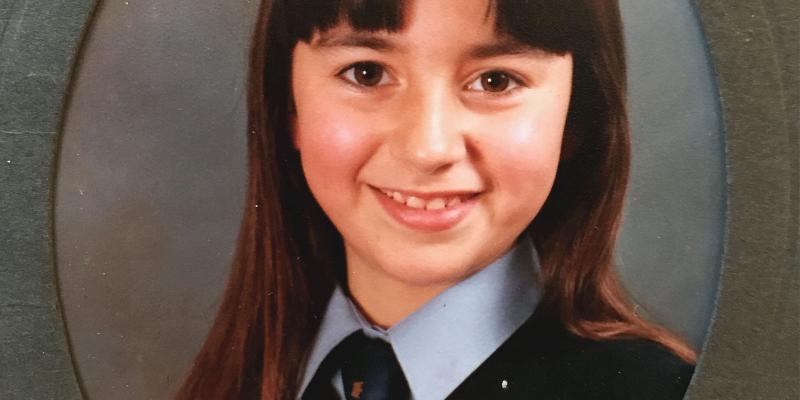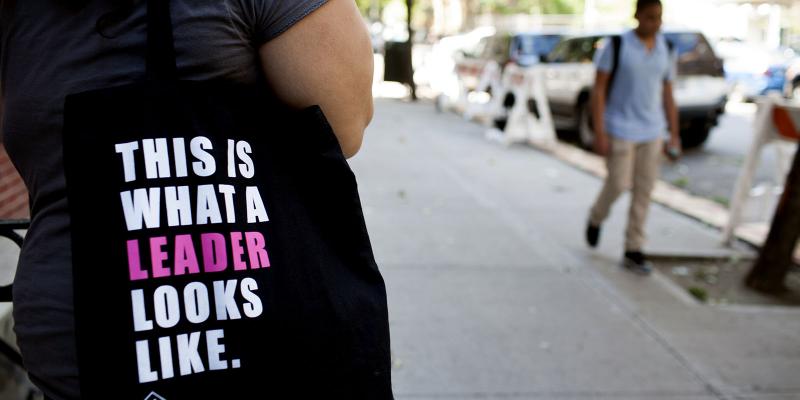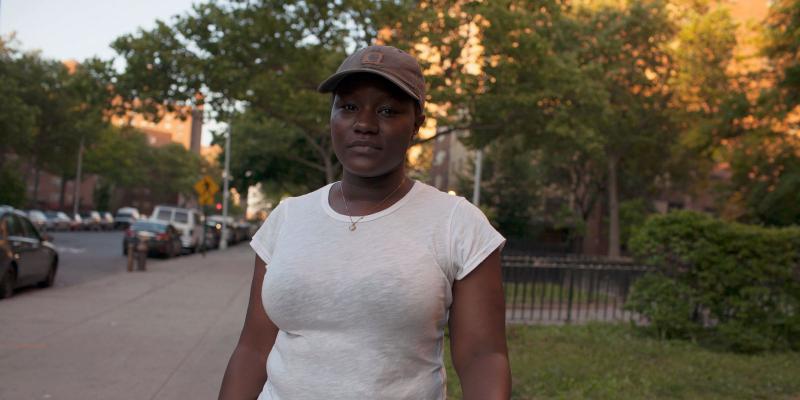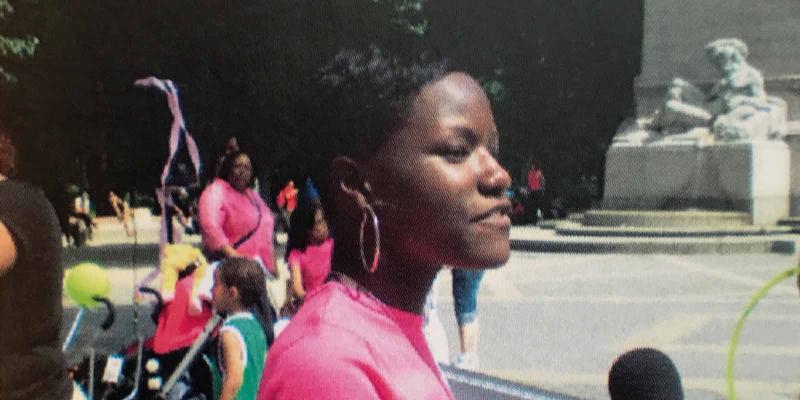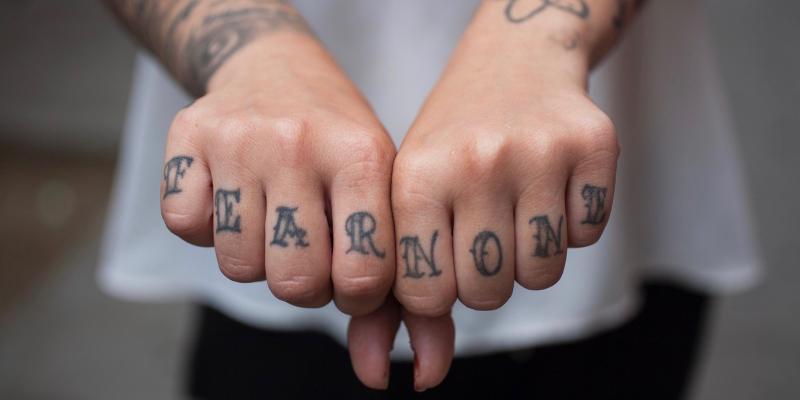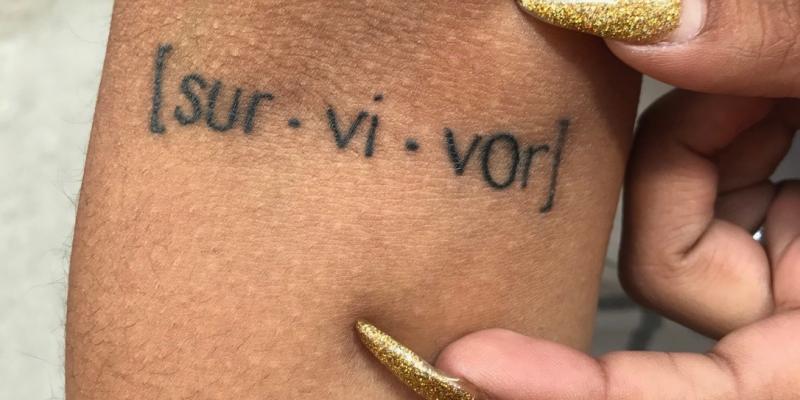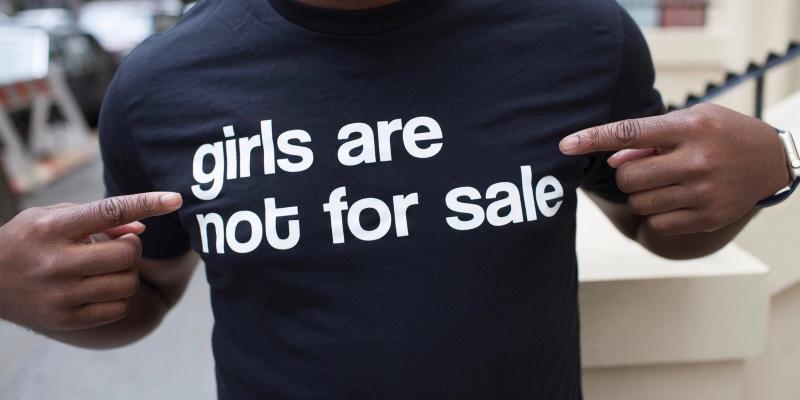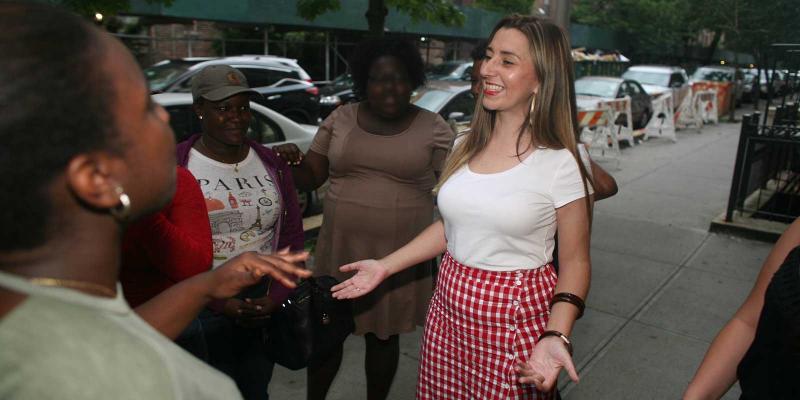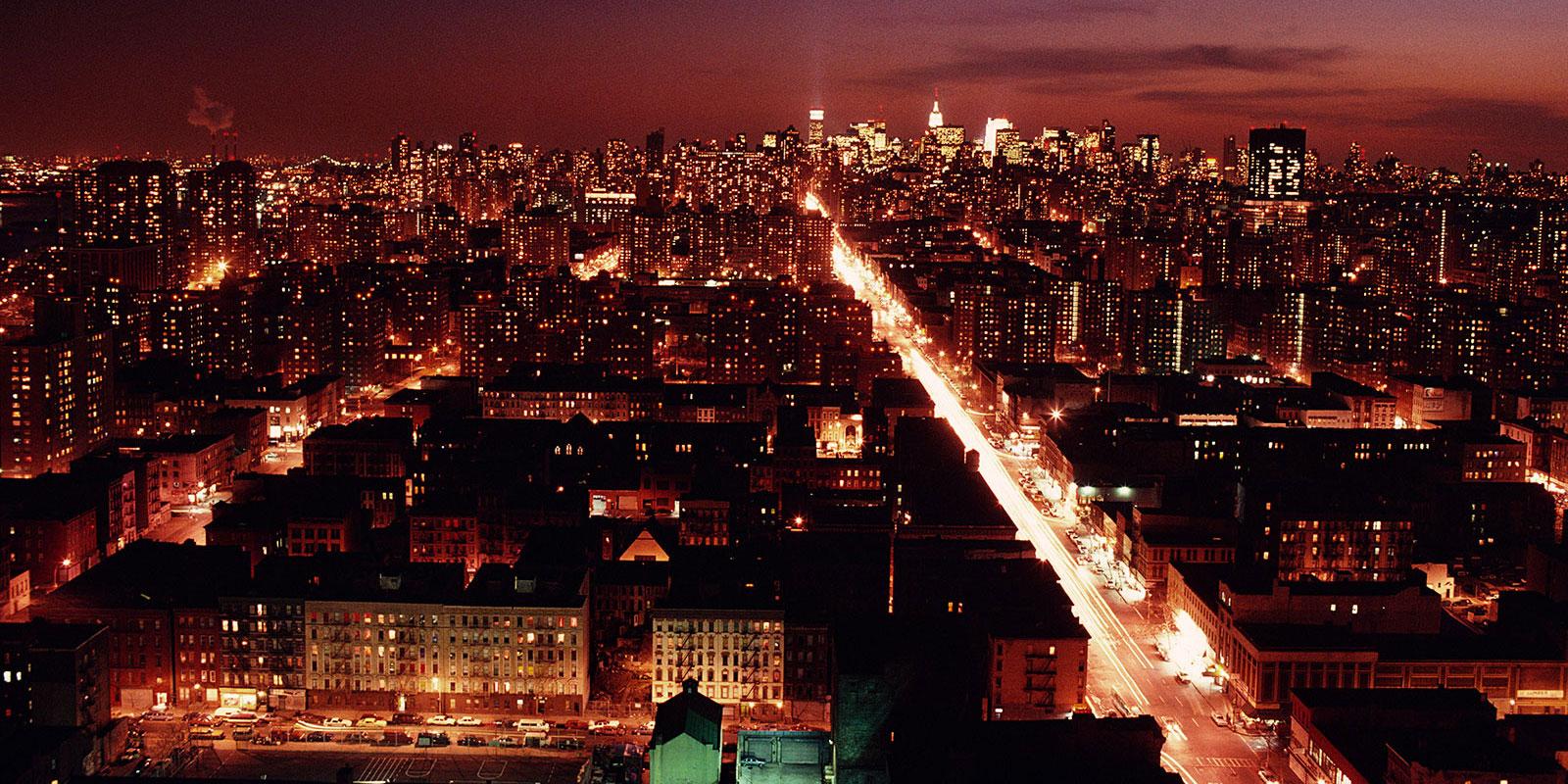
For the first few days in New York, Rachel spends most of her time gazing up at the tops of the shimmering skyscrapers. But she soon discovers a darker side to the famous city.
Rachel’s new job takes her across New York City. During the day she visits shelters and prisons. At night she walks the streets where women are sold.
“Hi, I’m Rachel... Can I get you a coffee or hot chocolate? Do you need any help?”
No one wants to talk at first. The pimps are lurking in the shadows and get angry if she keeps the women from work. It’s easier on quiet evenings. The women laugh at Rachel’s English accent and teach her American slang expressions. Like that the street is called the track, and women in the sex industry are in the life. The men who sell them are called pimps, the clients Johns or tricks.
Most of them have been ‘in the life’ since the age of 13 or 14. Almost all of them grew up poor, with little or no family support. Some ran away from home, lived in foster homes, or were kicked out of their homes.
“But don’t talk to us,” says one woman. “It’s the younger ones who need the most help.”
Rachel is shocked when she realizes that there are girls as young as 12 on the street. She gets angry when they are arrested by the police and given prison sentences. “You’re children!” she says. “You need help, not punishment.”
Rachel discovers that the laws in New York only protect children from commercial sexual exploitation if they’ve been brought to the US from other countries by human traffickers. But most of the girls she meets were born and grew up in New York.
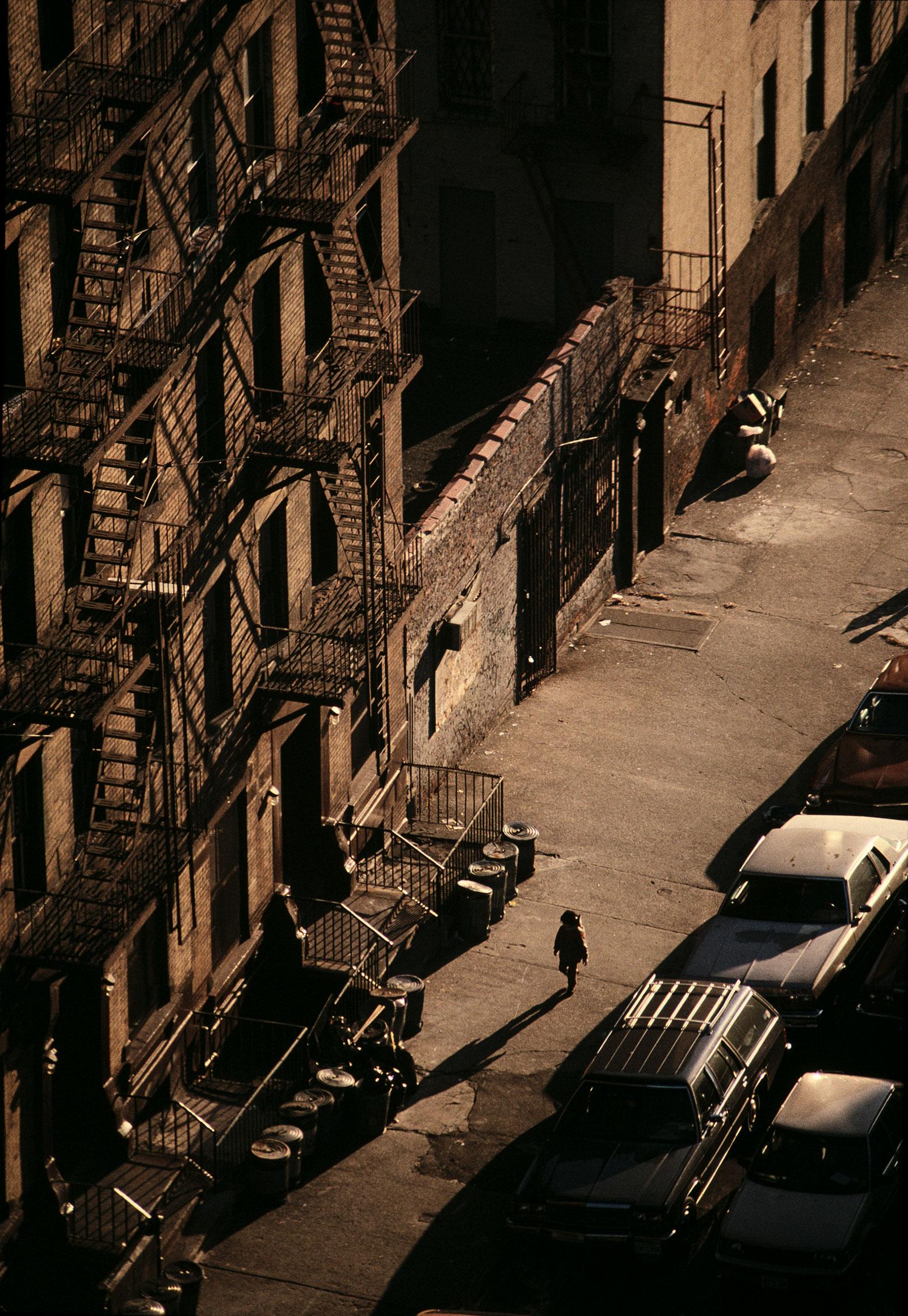
The commercial sexual exploitation of children has changed since Rachel’s arrival in the US. Most girls are no longer sold on the street but online. (Photo: Joseph Rodriguez)
GEMS is born
When Rachel realises that there’s no one helping the younger girls, she decides to do something about it. One year after moving to the US, she resigns from her job and starts her own organization at her kitchen table, with 30 dollars and a borrowed computer. She calls her organization GEMS (Girls Educational and Mentoring Services). Today, 20 years on, even Rachel herself finds it hard to understand how she went about it.
“I had no idea how to run an organization,” she says. “But had to do something.” At first, all Rachel had to offer was love and sanctuary in her tiny flat in a deprived neighbourhood.
“The girls slept on my sofa, borrowed my clothes and cleaned out my fridge!”
Sometimes a pimp came round looking for a girl who’d escaped, and tried to break down the door. “But I was never really scared. I was probably too inexperienced to be afraid.”
One girl told Rachel that her pimp had warned her about GEMS.
“He said you’d try and brainwash me,” she told Rachel.
“Why do you think he says that?” asked Rachel. The girl thought for a while before saying:
“Maybe because he’s brainwashing me.”
Love and education As GEMS began to grow and attract more resources, Rachel opened a drop-in centre with comfy sofas and cheerfully painted walls. Rachel wanted a place where everyone would feel safe, with rooms for private conversations, boxing and yoga, and to provide services such as counseling and workshops. She established safe housing for girls who were particularly vulnerable and had nowhere to go when they left their pimps.
Survivors become leaders Many of the girls Rachel helped in the beginning have become survivors and leaders who inspire others. “I started a group at GEMS, where we talked about everything from life on the street, to racism, law and politics. We learned a lot from one another. Now we’re working together as advocates against CSEC and we’re looking at the root causes. It’s about tackling inequality, poverty, racism, sexism and discrimination, which particularly affects children of colour.” Lack of housing, inequality in health care and unemployment are also important factors.
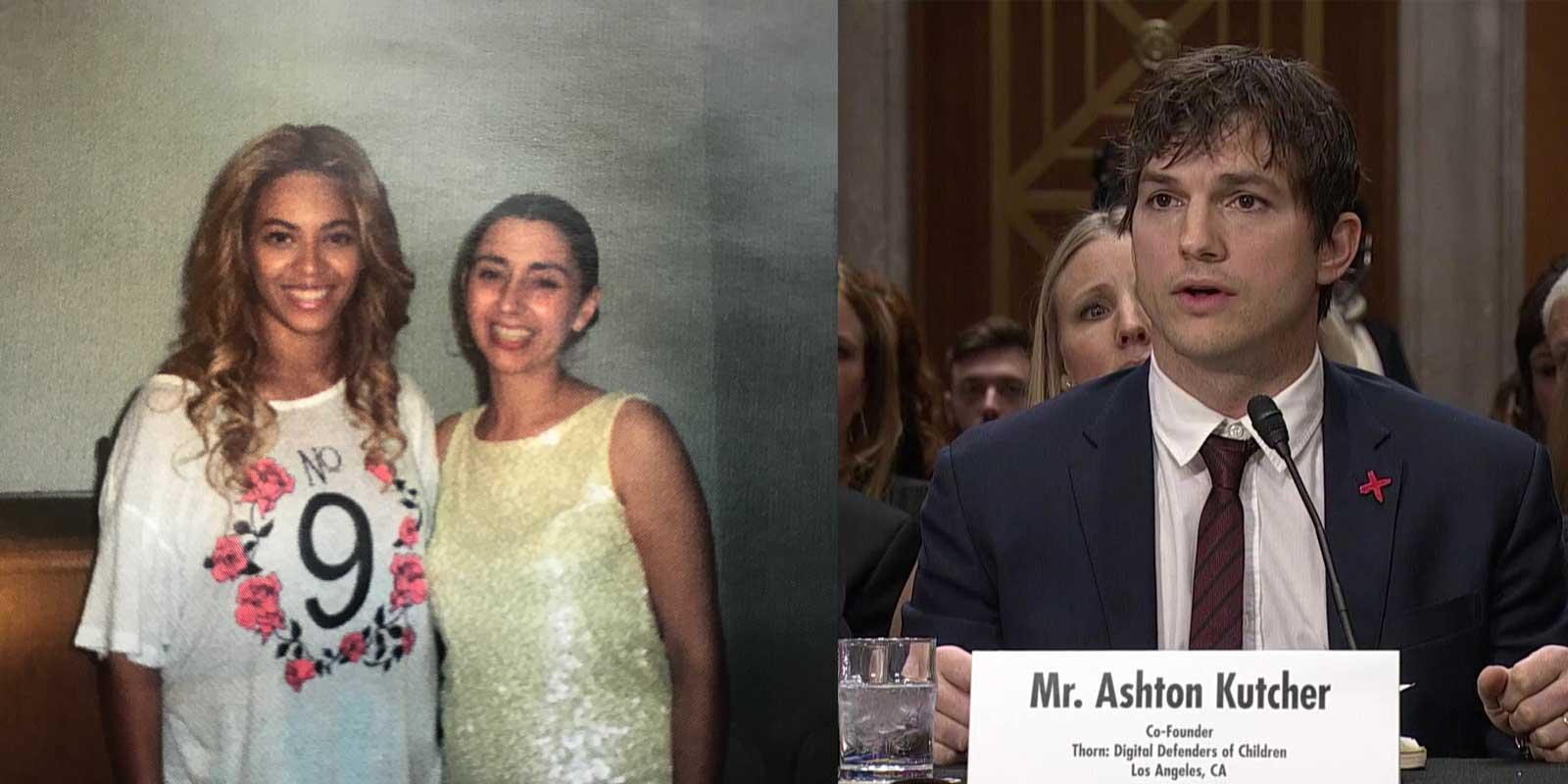
Many stars, like Beyoncé here, support Rachel and the work of GEMS. (Photo: GEMS)
Meeting presidents GEMS’ young survivors and Rachel travel around and demand change. “We meet legislators and politicians, presidents, artists and movie stars. And it’s the girls’ own stories that get people listening, that really make a difference,” says Rachel, who herself has given speeches at both the White House and the UN.
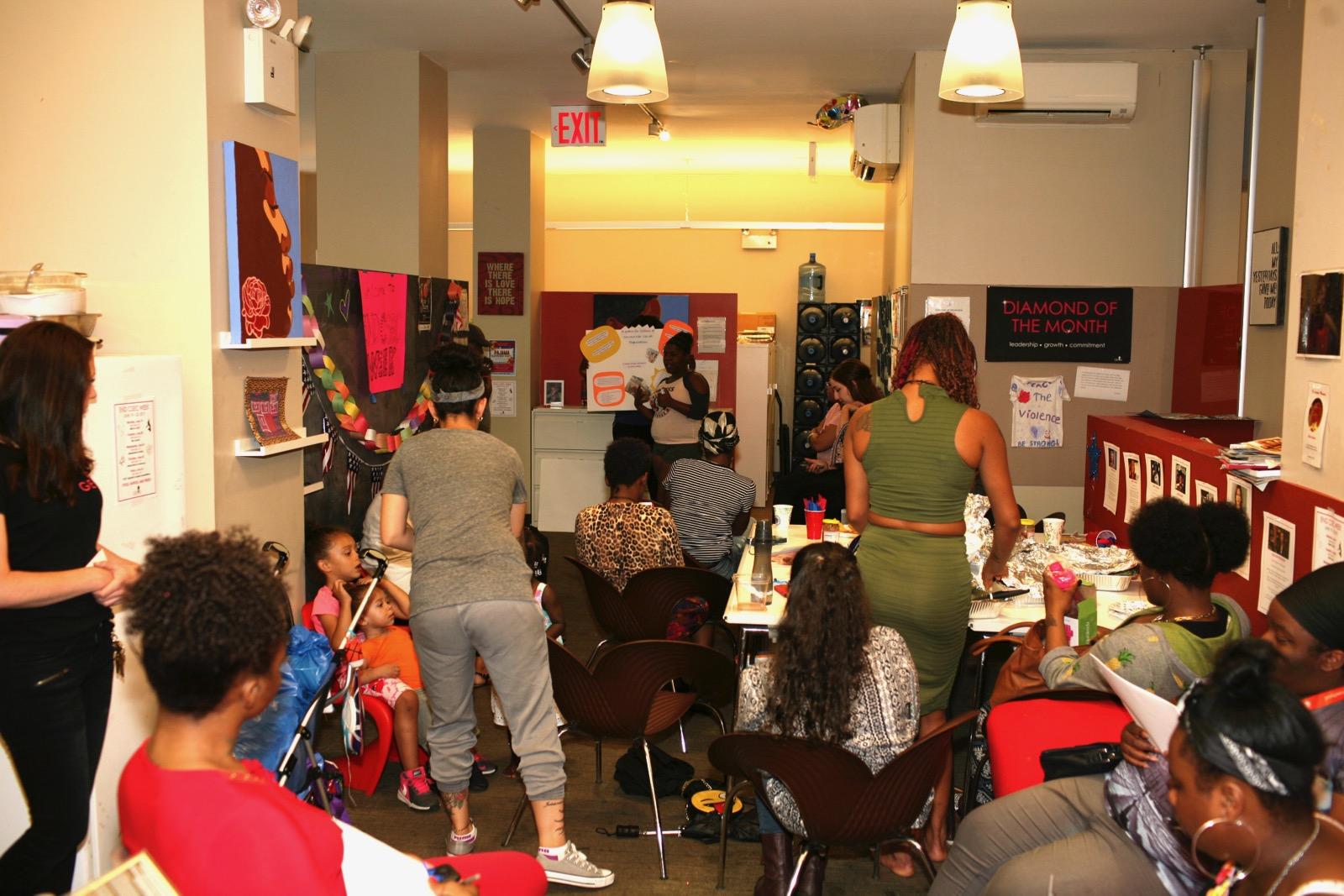
GEMS’ drop-in centre is always packed with teenage girls and everyone loves Rachel’s cooking! (Photo: Joseph Rodriguez)
“It’s the girls’ own stories that get people listening...”
Program with impact GEMS has grown to become one of the main organizations in the US supporting girls and young women who are victims of domestic trafficking and Commercial Sexual exploitation of children. But Rachel dreams of a world where GEMS isn’t needed; a world where girls and women are not treated as property and are valued equally with boys and men. “I want all children to have the chance to grow up in a safe environment with all the support they have a right to, at home, in school and from society.”
Text: Carmilla Floyd
Photo: Joseph Rodríguez
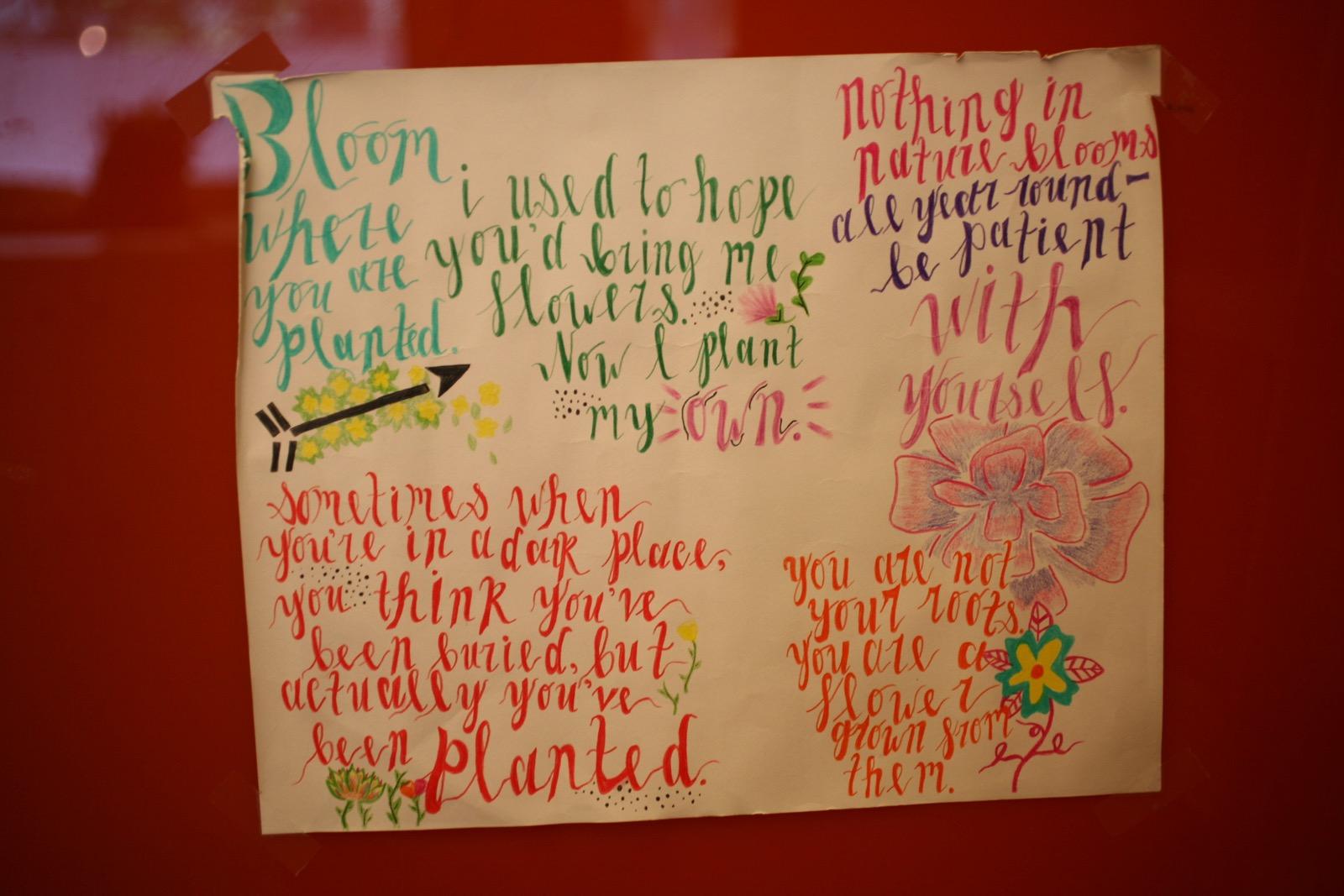
Messages from GEMS’ girls. (Photo: Joseph Rodriguez)
Text: Carmilla Floyd based on Rachel Lloyd’s book Girls like us
Related stories
Långgatan 13, 647 30, Mariefred, Sweden
Phone: +46-159-129 00 • info@worldschildrensprize.org
© 2020 World’s Children’s Prize Foundation. All rights reserved. WORLD'S CHILDREN'S PRIZE®, the Foundation's logo, WORLD'S CHILDREN'S PRIZE FOR THE RIGHTS OF THE CHILD®, WORLD'S CHILDREN'S PARLIAMENT®, WORLD'S CHILDREN'S OMBUDSMAN®, WORLD'S CHILDREN'S PRESS CONFERENCE® and YOU ME EQUAL RIGHTS are service marks of the Foundation.



